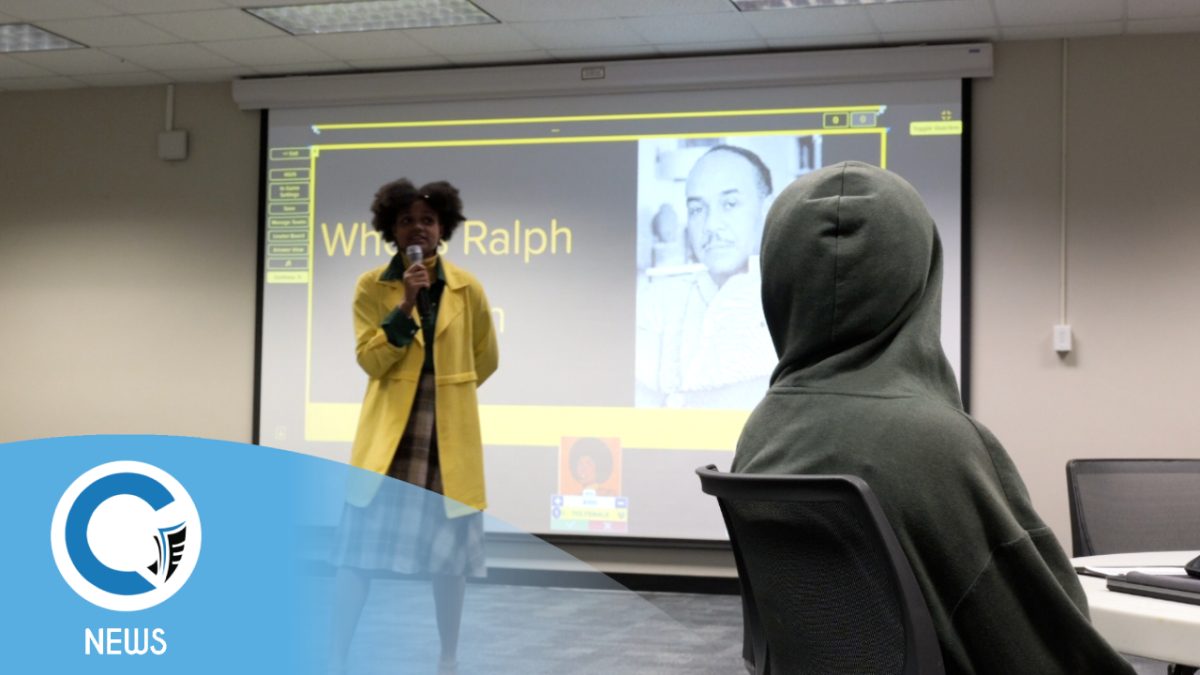James Watkins’ “Speak No Evil” is an entertaining way to spend your evening but it doesn’t make you think too hard about it.
This remake of a 2022 Danish film of the same name by Christian Tafdrup has the same story beats but differs in characters and theme.
The film follows an estranged couple, Ben (Scoot McNair) and Louise Dalton (Mackenzie Davis), and their anxiety-ridden kid. They meet an attractive but odd couple, Paddy (James McAvoy) and Ciara (Aisling Franciosi), in Italy. After the vacation, they are invited to the family’s rural home and find themselves trapped in a cycle of being unnerved by the behavior of their host and manipulated into staying.
The original was known for its intensely uncomfortable atmosphere and the remake lives up to its expectations.
The red flags displayed by Paddy and Ciara as they bounce between being pleasant and genuinely terrifying will spike any viewer’s heart rate.
Their treatment of their mute son (Dan Hough) is also distinctly wrong to anybody with working eyes yet their guests seem unable to leave.
Viewers will have a strange kind of fun watching every painfully awkward moment play out on the screen. It’s like watching a train wreck in slow motion as the transgressions by the host become worse by the minute.
The film is shot in a way that maximizes each of these moments. The cinematography flourishes in uncomfortable silence and does not leave out any detail.
The quaint setting of the story becomes colder and saturated in blues as the Daltons grow more alarmed by the behavior of their host.
McAvoy stands out as a charming but deeply disturbed man. He is no stranger to the role of a horror villain, and he plays it well.
The suddenness of his transformation from a normal person to what seems to be a mix of an alpha male stereotype and a psychotic football coach is jarring.
This all comes together to create a solid psychological horror film that undoubtably makes for a good two hours well spent.
But it does beg the question: Why did Hollywood remake it?
Viewers familiar with the original film will see that the remake is almost a shot-by-shot copy of the original up until the climax.
This in itself would not be a problem if the remake did it better. It did not.
The theme of the remake is much more jumbled and unclear than the original’s very distinct criticism of the reflexive politeness of society that allows certain transgressions to happen.
The title hints at the central character’s failing. They spoke no evil. Or in this case, they abided by social niceties.
The remake did touch up on this subject but not nearly to the extent of the original. The remake seemed more concerned with turning McAvoy into an attractive, hypermasculine boogeyman for their trailer.
The “Speak No Evil” trailer has been mocked for how much it was a scourge for theater-goers these past few months and many have half-jokingly sighed in relief at its release. It also spoiled almost every major story beat and moment that would have benefited from being a surprise.
The draw of the remake seems to be the admittedly fantastic performance of McAvoy, but it doesn’t offer much else than that.
The original film was new and exciting at its release. It was better than the remake in most ways in terms of theme and atmosphere.
The remake was just distinctly Hollywood-ified. The story became more sanitized and crowd-pleasing, which completely ditched the interesting thematic value of the original.

























